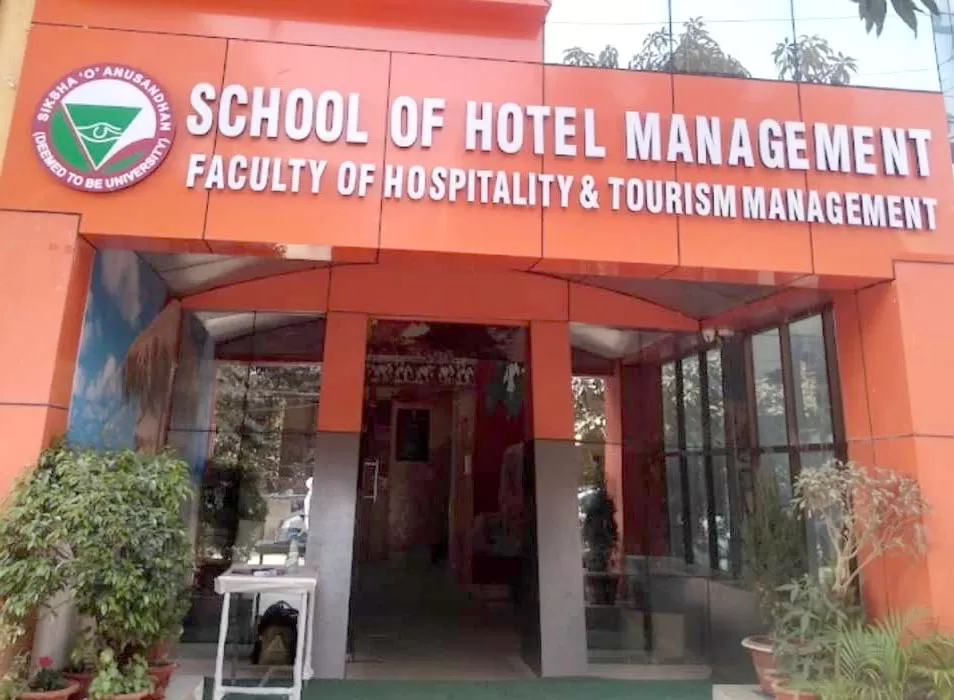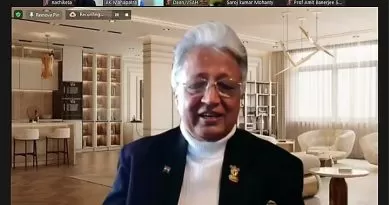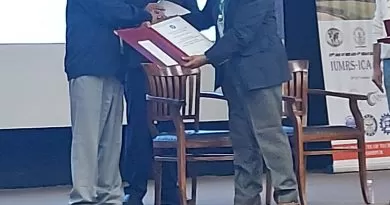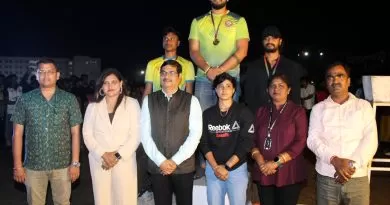‘Pakhala festival’ at SOA hotel management institute from April 1

Bhubaneswar: ‘Pakhala’, the traditional Odia cuisine, comprising cooked rice washed or lightly fermented in water, has been one of the most popular dishes in homes since long.
The dish is consumed round the year though it is specially looked forward to during the summer for its health benefits.
‘Pakhala’, known in other names or its variants, is also popular in several other Indian states including Chhattisgarh, Jharkhand, West Bengal, Assam, Gujarat, Tamil Nadu and Andhra Pradesh.
Of late, it has found its way to high-end restaurants and its popularity is on the rise. To make the dish known and help the people relish its taste, School of Hotel Management, SOA’s faculty of hospitality and tourism management, will be organising a six-day ‘Pakhala Festival’ at the institute from April 1 to 6, a SOA release said.
Visitors would be served the dish, said to be a cooling probiotic, with a number of mouth-watering accompanying dishes in an ambience highlighting the Odia culture and lifestyle.
Guided by SHM’s advisor-cum dean Prof. Sitikantha Mishra and with the help of faculty members, employees and students, the festival, an annual feature of the institute, is being organised this year after a two-year break because of the pandemic.
“Our intention is to focus on this traditional dish as part of the state’s culture and ensure a special place for it among the masses,” Prof. Mishra said.
The restaurant at the institute will serve ‘Pakhala’ to the guests between 12 noon and 3 pm on all the six days of the festival.
Several variants of ‘Pakhala’ like ‘Usuna Pakhala’, ‘Arua Pakhala’, ‘Dahi Pakhala’, ‘Lembu Pakhala’ and ‘Amba Pakhala’ would be served to the guests with accompanying dishes like ‘fish patrapoda’, ‘prawn chhecha’, ‘khainga sukhua bhaja’, ‘chhatu patrapoda’, ‘alu bhaja’, ‘baigan bharta’, ‘gota kalara bhaja’, ‘kakharu phula pithau’, ‘saga badi bhaja’ and ‘badi chura’.



